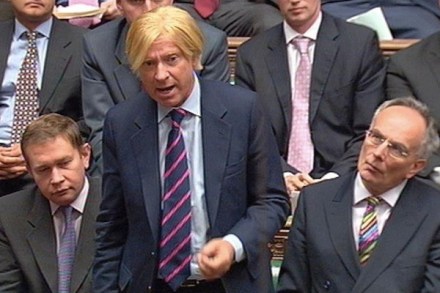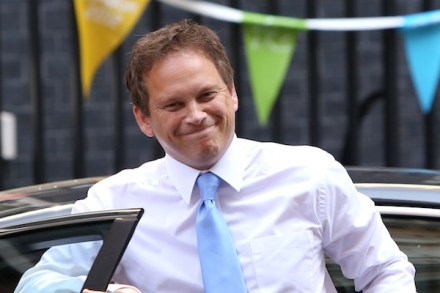The Carswellian revolution
While Conrad Black re-entered polite society at Lulu’s in Mayfair last night, the Hospital Club in Soho saw the advent of a new political force. A tie-less Douglas Carswell, the rebellious Tory MP for Clacton, took to the stage to launch his new book The End of Politics and the birth of iDemocracy, a work described by Dominic Lawson in last week’s Sunday Times as ‘as a revolutionary text… right up there with the Communist Manifesto’. Carswell thanked his wife Clementine for allowing him to lurk in the shed for weeks on end while writing his revolutionary tome, and then confessed that he had spent much of the time ‘Skyping




















